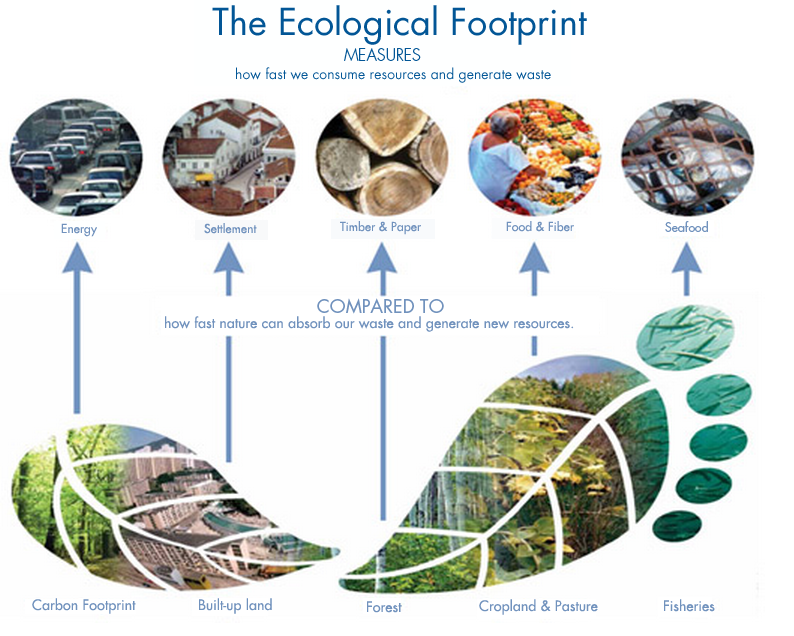Aubrey Manning: Professor of Natural History at Edinburgh University from 1973 to 1997. He later became Emeritus Professor. He ¬was very much admired for his views and in particular for contribution to the population movement both in public capacity as a Professor with the Centre for Human Ecology and in his private capacity as supporter of several NGO’s.
John Guillebaud: Professor John Guillebaud (now retired) was Emeritus Professor of Family Planning and Reproductive Health at University of London. He was born in Burundi and brought up in Rwanda, Uganda and Kenya and Britain. He qualified as a medical doctor from University of Cambridge in 1964. He was the Chairman of the Optimum Population on Trust, later to become Population Matters. His lectures were always informative, gripping and a joy to listen to. Here he is in a TED talk on the subject of “Sex and the Planet
Hans Rosling: (27 July 1948 – 7 February 2017) was a Swedish physician, academic, and public speaker. He was the Professor of International Health at Karolinksa Institute. Hans Rosling was brilliant communicator and won the United Nations Population Award. Although lulls us a bit in thinking that all is going to be alright, his lectures are worth listening to.
Why the world population won’t exceed 11 billion
Overpopulation: Hans Rosling
Alexandra Paul: This is a powerful TED Lecture on Overpopulation.
Title: “Overpopulation facts – the problem no one will discuss”:
Partha Dasgupta and Aisha Dasgupta: How many people can Earth support in comfort?
Michael Vardon from Australian Bureau of Statistics explains how Australia is using Natural Capital Accounting to manage the Great Barrier Reef

United Nations Goals for Development
Using the Social Progress Index
What not to do?
